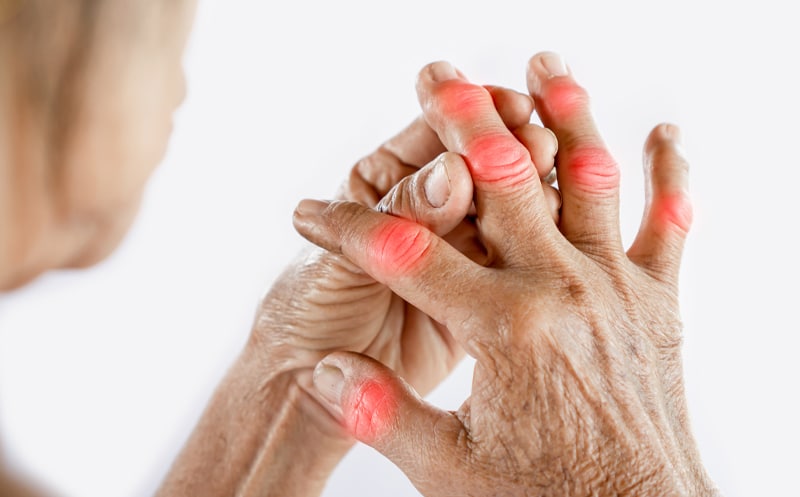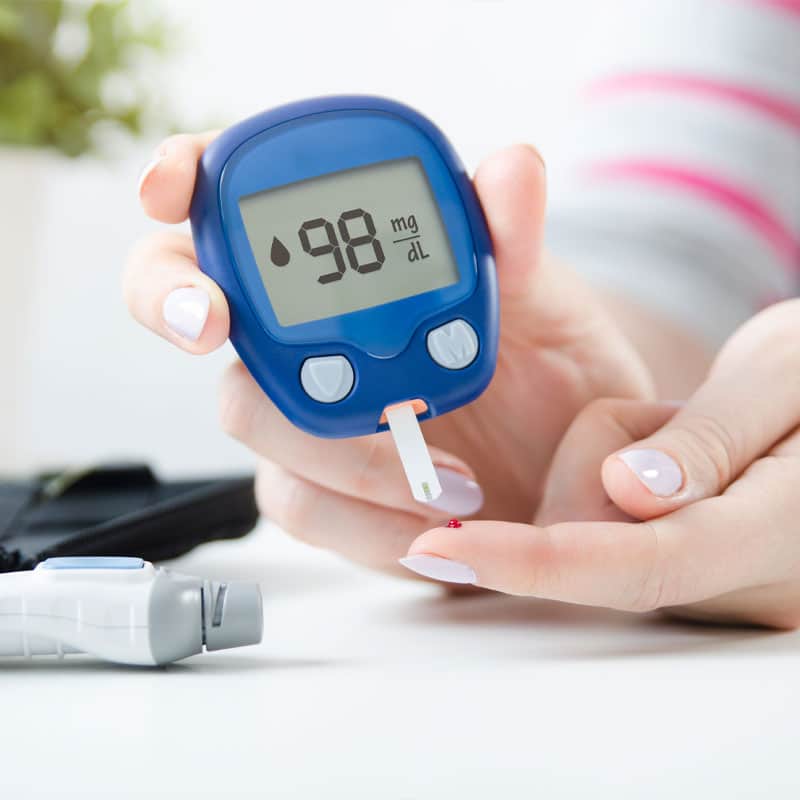index
Progesterone is a hormone made in women’s adrenal cortex and ovaries. Progesterone, a sex hormone, is involved in sexual development and reproduction. Like all hormones, progesterone travels through the bloodstream and nourishes the vagina, cervix, uterus, testes, breasts, blood vessels, bones, and brain. Let’s review some signs of low progesterone.

How Does the Body Use Progesterone?
Progesterone is essential for a variety of bodily functions, such as
- Progesterone helps to develop mammary glands, preparing the body for lactation during pregnancy.
- Progesterone decreases intestinal activity.
- Progesterone prepares a woman’s endometrium for implantation of an egg.
- Progesterone reduces mucus production in the cervix.
- Progesterone reduces uterine contractions during pregnancy.
- Progesterone stops the endometrium from building up.
- Progesterone supports and helps maintain a pregnancy.
- An increase in progesterone will inhibit ovulation.
Signs of Low Progesterone
Progesterone levels wax and wane throughout a woman’s monthly cycle. Typically, progesterone levels increase following ovulation to help sustain the uterine lining for pregnancy. Many women experience low progesterone levels sometime during their lives. Let’s take a look at the top symptoms of low progesterone.
Changes in Your Mood, Including Depression and Anxiety
Progesterone helps create neurotransmitters, especially Gamma-aminobutyric acid (GABA). GABA blocks specific brain signals by reducing neuron activity and nerve transmission, thus producing a calming effect. When your progesterone levels are low, you may experience irritability, anxiety, insomnia, and depression. These changes in your mood can worsen right before your cycle, causing mood swings associated with premenstrual syndrome (PMS).

Hot Flashes
Hot Flashes result in sudden warmth in your body, particularly in the upper portion, including your chest, neck, and face. When you experience a hot flash, your skin may become red and flushed, and you may experience excess sweating. If your hot flashes decrease your body heat, you may experience a chilling sensation following a hot flash. A sudden change in hormone levels typically causes hot flashes. When your progesterone levels are low, your estrogen level may rise quickly, creating a hot flash.
Infertility
If you have low progesterone, you may have trouble getting pregnant or staying pregnant. There are many causes of miscarriages and infertility. If you are having fertility issues, consider having your progesterone levels checked. Progesterone is needed to thicken the endometrial lining and prepare the uterus for pregnancy. If progesterone levels are low, the lining will not thicken properly, and pregnancy is at risk.

Irregular Menstrual Periods
Your progesterone levels will be low at the beginning of your menstrual cycle (during your period). The levels will increase throughout the cycle, preparing the womb for pregnancy. If the egg is unfertilized, your body will produce lower progesterone levels, causing your period to start at the end of your cycle. Typically, a menstrual cycle lasts approximately 28 days. You may have low progesterone levels if your cycle is too long, too short, or irregular.

Migraine Headaches
18% of American women suffer from migraine headaches. Although low progesterone levels are not the only reason women suffer from migraines, low progesterone can play a role in the severity and frequency of headaches. Women suffering from low progesterone levels often experience migraine headaches before and during their menstrual cycle. When a woman has low progesterone levels, the body experiences a relative estrogen excess. Increased estrogen causes water retention and vasodilation, which can cause headaches.
Weight Gain
Low progesterone levels can cause weight gain. Effective weight loss requires your hormones to be balanced. Even if you eat healthily and exercise, you may be unable to lose weight or may experience weight gain if you have low progesterone levels. When progesterone levels decline, your ability to burn fat reduces, and your metabolism slows down.
Causes of Low Progesterone Levels
Progesterone deficiencies can occur for a variety of reasons. The top three reasons for low progesterone levels in women in America include-
Environmental Estrogens
Environmental estrogen, also known as xenoestrogens, are chemicals in our foods and environment that mimic naturally occurring estrogen. Plastics, animal products, and synthetic hormones contain xenoestrogens. These xenoestrogens confuse the body and cause it to think a woman’s estrogen levels are too high while progesterone levels are too low.
Excess Exercise
Exercise is excellent for the body; however, too much of a good thing can negatively impact hormone levels. For optimal hormone health, you should seek to get approximately 150 minutes of moderate exercise weekly. Exercising too much or too hard can cause low progesterone levels.

Stress
Stress refers to the feeling of physical or emotional tension. It is the body’s innate reaction to a demand or challenge. Stress, particularly chronic stress, can negatively impact the body, including the hormones. When you are stressed, the body produces the stress hormone cortisol. Cortisol limits progesterone activity and blocks progesterone receptors, resulting in low testosterone levels.

Increase Progesterone Levels Naturally
If you are experiencing low progesterone levels, here are some options to boost your progesterone levels-
- Eating foods rich in Zinc, like shellfish
- Taking a B complex supplement
- Consuming vitamin C-rich foods like bell peppers and citrus fruits
- Decreasing stress levels through stress relief techniques
- Getting between seven and nine hours of sleep each night
- Eating a healthy diet
- Getting 30 minutes of moderate exercise on most days

Hormone Self Assessment Quiz
Here are some hormone self-assessment questionnaires that can help evaluate your hormone levels. There is no substitute for consulting with your healthcare practitioner.
- Dealing with hot flashes, PMS, low libido, mood swings, headaches, anxiety, or unexplained weight gain? Try our comprehensive Female Hormone Quiz.

- For more focus on your estrogens, try our Female Estrogen Dominance Quiz.
Need Help Balancing your Progesterone Levels
If you are experiencing signs of low progesterone levels, our integrative women’s health clinicians can help. Our hormone specialists will review your symptoms and check your progesterone levels. If your levels are low, we will guide you to optimal health and balanced hormones through a healthy diet and hormone replacement therapy. In addition, we help you increase progesterone production by reducing your stress via exercise, diet, and optimal sleep.





















